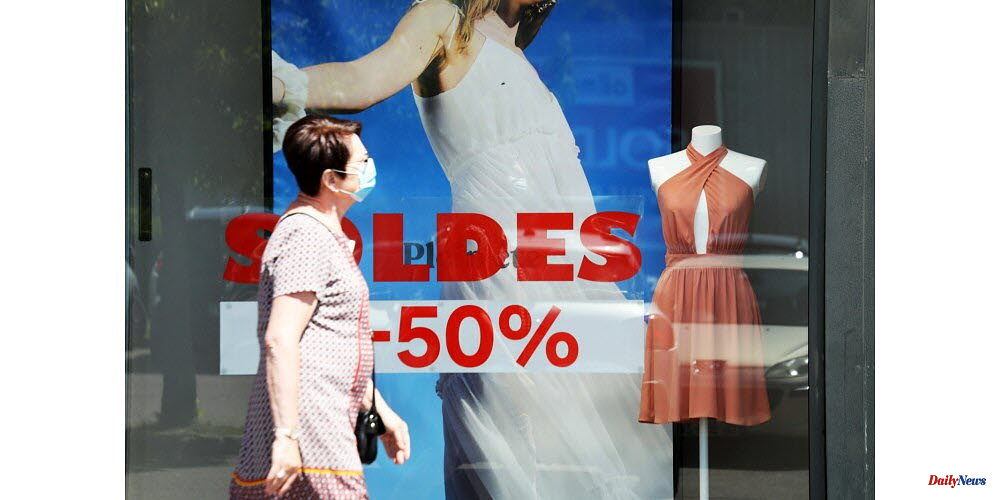Alliance du commerce, a professional federation, stated Tuesday that it had seen a "very poor start to the 2022 Summer Sales", with sales down 19% in the first 11 days of June 22-Jul 2, as compared to the beginning of 2019.
L'Alliance du commerce is a group of professionals from clothing, footwear and department stores. It produces with Retail Int a panel that includes around 40 brands representative of the apparel market.
She compared the in-store sales of the first 11 days with the start for 2019 sales, the last year that was not interrupted by the Covid-19 outbreak. Despite being up in sales since 2019, online sales do not make up for the decline.
Retail Int and the Alliance du Commerce also noted that in-store traffic dropped by 28%. This was explained by "the return of household concerns tied to inflation and the unfavorable arbitration of consumers vis-avis the clothing industry on the eve the summer holidays".
The panel found that the brands had a 5% decrease in cumulative activity in stores at constant scope and online in the first half 2022 compared to 2019. The clothing market was dominated by men's and childrens' textiles, but not footwear or textiles for women.
Online sales rose 68% over the 2019 period but fell by 27% compared with 2021, during which shops were closed.
Procos, a specialist trade federation, had noted that there was a decrease in commercial activity during the first half of this year compared to the time before Covid-19. This decline was of the order of -7% for stores. This variation is still negative at -5.4% if you include the web sales for the brands on the Procos panel.
According to this federation, textiles/clothing, footwear and toys-culture-gifts are the most severely penalized while household equipment and specialized food are doing much better than before Covid-19 for the period between January 2022-May 2022.












